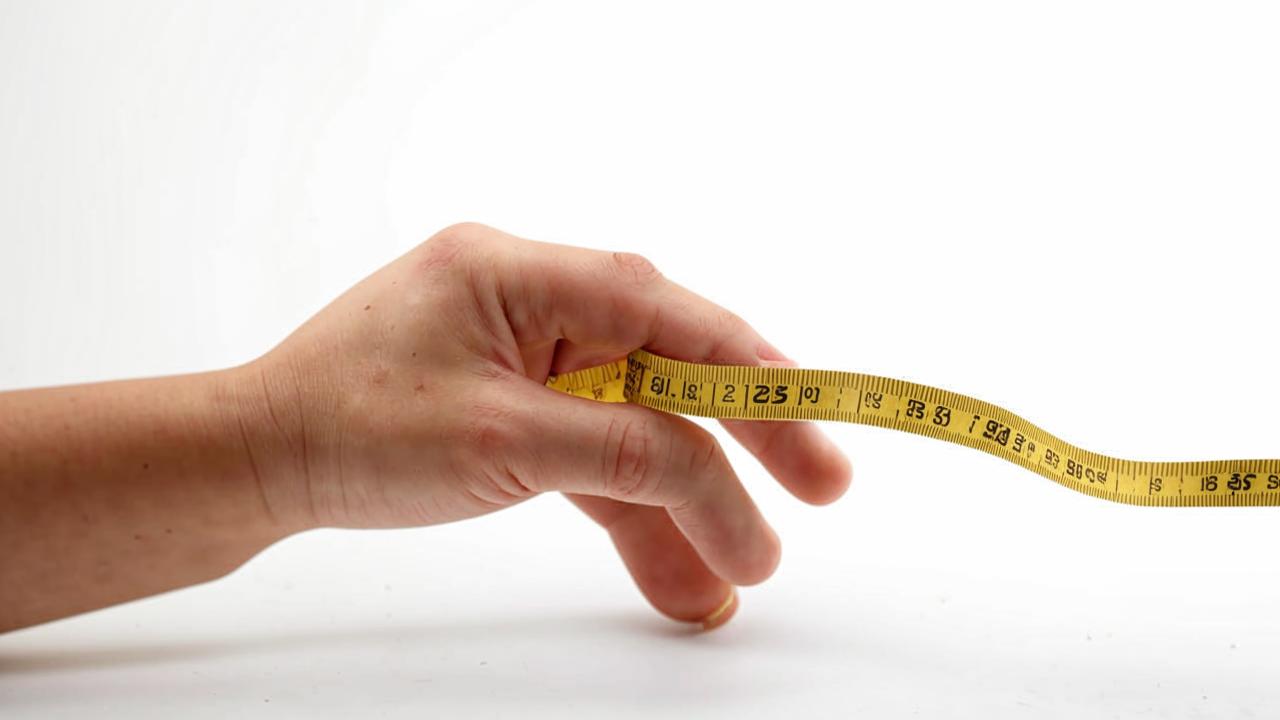December 31st is just around the corner. And there is still so much to change! In particular, to summarize the results and make up for the January holidays. Among the plans – to lose 10 kg in two weeks, to try a new diet, to start training every day for a few hours. But what can lead to such radical changes and why New Year’s plans do not come true? Let’s understand the right goal-setting together with an expert.

fitness trainer
If you really want to change something in your life, don’t set short-term goals.
Every year millions of people start a new life on January 1. They quit drinking and smoking, start running, read five books a day and make plans to earn a million a month.
But almost everyone fails in the end, because they take on a huge responsibility. After all, so many things need to change, and time is very short. Often it is because of this that we return to what we started with: we stop running (something cold today, tomorrow I will resume), we throw away the book we started (no time at all), we switch to junk food (today is definitely the last time) – and the circle closes. How to avoid it? Give up unhealthy goals.
1. “I promise to lose 10 kg in two weeks”.
Losing weight is not a short-term, but a long-term goal. To lose 10 kg in a couple of weeks without health consequences will not work. The norm is to lose 0.5-1% of your weight in a week, no more. If your weight is 60 kg, you will lose about one kilogram in 14 days. For people with more weight, these figures will be a little more – up to 2 kg. Reduction of body weight within 5-15% for a short period of time will not turn out well. Plus in the first days after the New Year’s feast there is every chance to snap.
2. “I’ll try a new diet.”
Dieting after the holidays is also a bad idea. Many people lose weight according to the principle of “all or nothing” and really achieve results, but at what cost? From one New Year’s feast you will not gain weight – this process happens gradually. The main thing is to return to a healthy diet and at least for a while exclude heavy and fatty foods from your diet. Give preference to lean meats, low-fat dairy products, vegetables. And do not lay on tangerines (two pieces will be enough), because a lot of fruit can cause gas and flatulence.

3. “I’ll give up sweets.”
For how long? Complete refusal of sugar is impossible, because it is in almost every product – for example, in bread, sausage, sauces. Sugar addicts can go into withdrawal, which can lead to breakdowns and bad moods. Therefore, you should give up sweets gradually. If you want to lose excess weight, you can exclude from the diet of pure sugar, which you usually add to tea, coffee. And also adhere to the 80/20 rule, where most of the diet is healthy food, and the rest – what you want, including harmful things.
4. “I promise to skip breakfast.”
Breakfast is important – skipping your morning meal will have the opposite effect. Studies show that skipping it threatens to make you overweight. The logic is clear – if you do not eat breakfast, the feeling of hunger during the day haunts a person. As a result, he breaks down and satisfies his hunger with more caloric dishes. But those who eat in the morning, as a rule, have a more balanced diet.

5. “I won’t eat after 6 p.m.”
There is no one rule about what time you should stop eating. The body is still putting all the unspent calories in reserve. Instead of refusing to eat after six in the evening, it is better to get a good night’s sleep. Scientists have long discovered the link between insomnia and overweight. Those who don’t sleep well gain weight faster than usual.
6. “I’ll start working out two hours a day.”
Training “until you fall down” will not bring the desired result and in addition will cause a lot of problems. The hormone cortisol, which is produced in response to stress, will only make you lethargic and sleepy. Start with at least 30 minutes of interval training a day – even in such a short period of time you can burn a lot of calories. Then gradually increase the load and add strength training.

fitness trainer
Making drastic changes is always a big stressor. Better to think about something more achievable – something that is not difficult for you to do at all. Instead of “Starting January 1, I’m going to start running” try “Starting tomorrow, I’m going for a walk in the mornings” – it’s more like the truth. And where there’s walking, there’s running. And when you go outdoors in a sports uniform, perhaps you will think, “Well, so what, for nothing, or what, I went out, I’ll run a circle. And now there is a reason to be proud of yourself.






